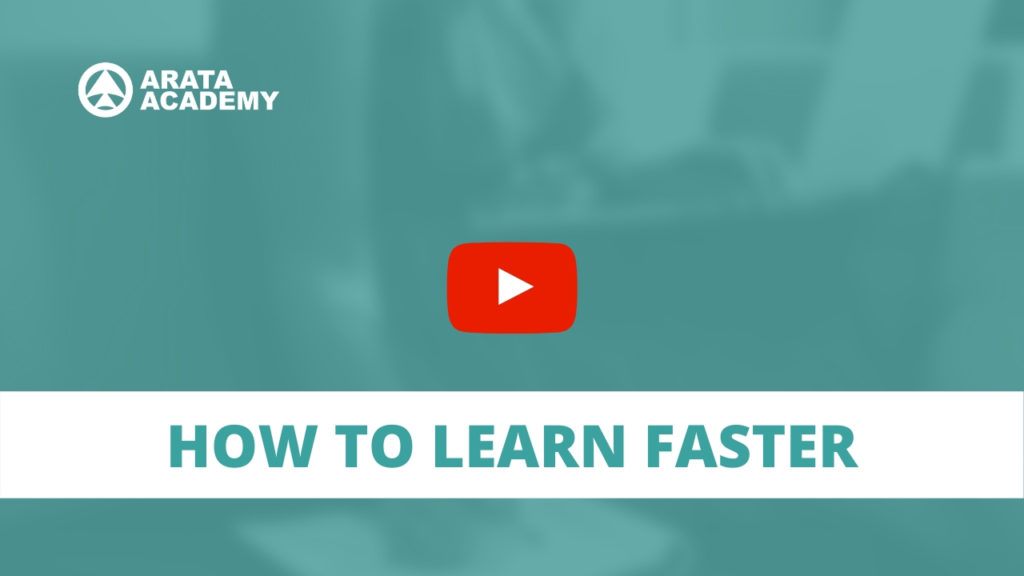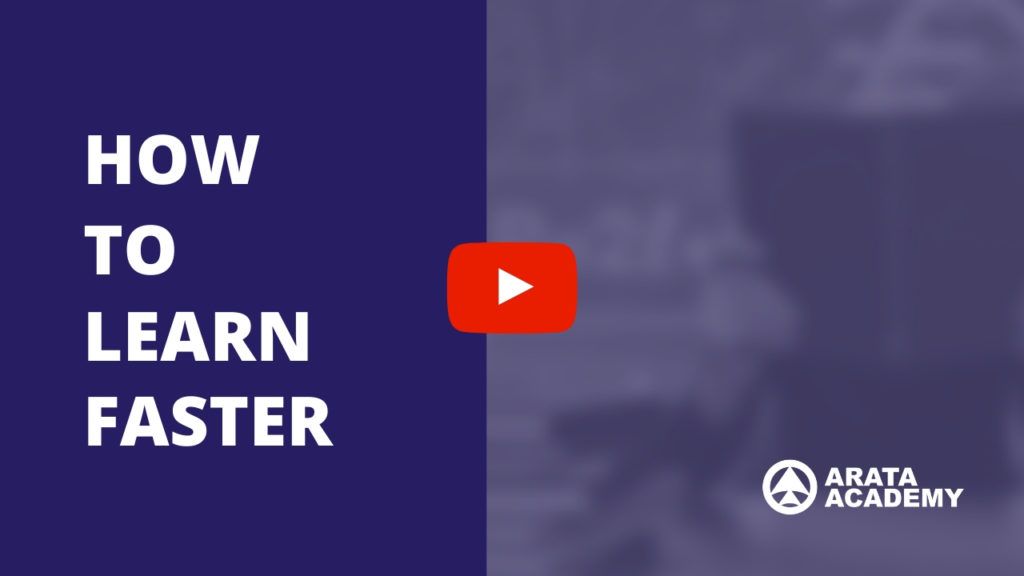Hello! Seiiti Arata. You know when you look at those people who seem to learn things easily? What is their secret?
And the opposite, huh? What is the behavioural addiction that keeps students stuck in academic mediocrity?
Can you imagine what good students have that is different from others?
1. What separates genius from mediocrity is persistence.
To illustrate the behaviour of a student who is above average, listen to this true story of a young nurse, twenty-something, with black hair and round glasses, called Renée.
Renée was in front of the computer being filmed by a teacher as she was trying to solve an algebra problem.
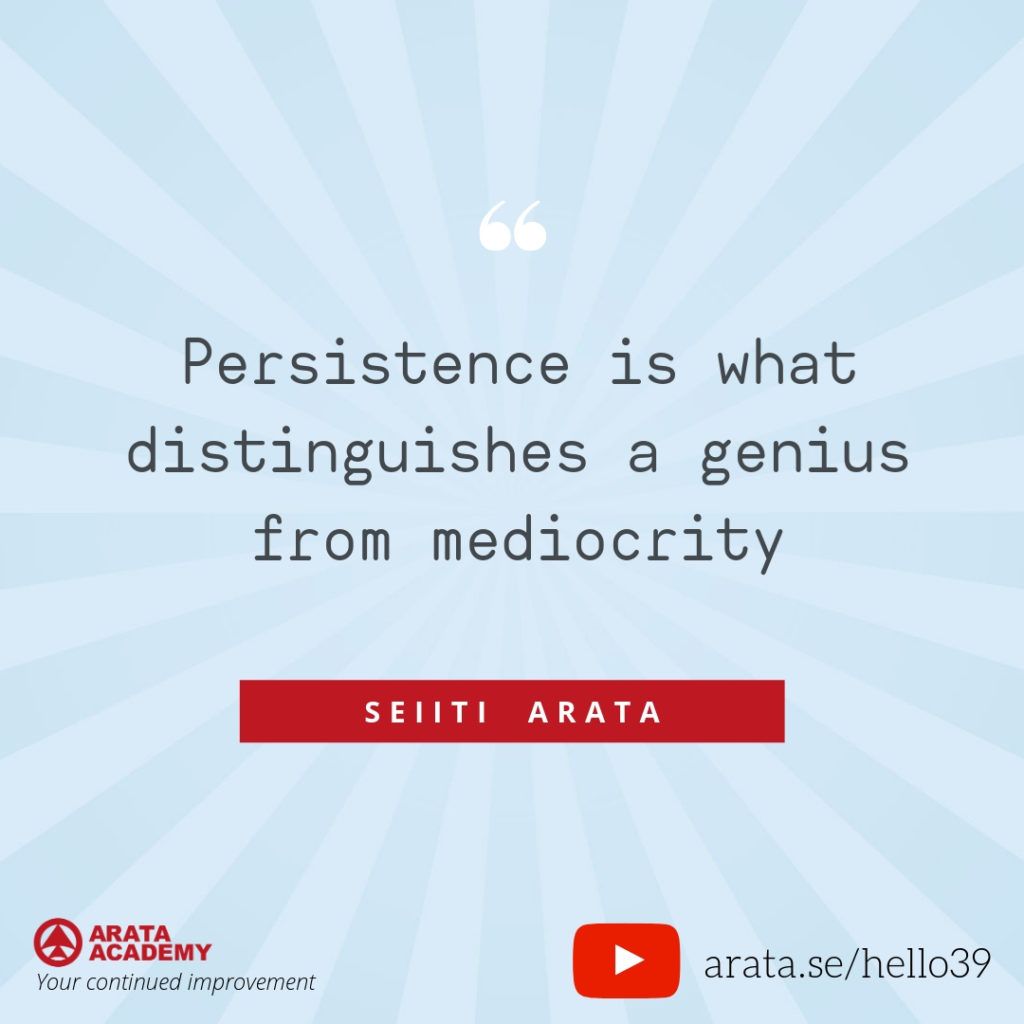
In a single exercise, she spent twenty-two minutes testing different variables and hypotheses to get to the answer.
She talks to herself, saying “Ah, I understand! Now I’ll increase the number, and I think I can … ah, didn’t work, now what? If I reduce the other variable, it may help. Hey, it improved! If I further reduce the variable, I think I can solve it. Huh, didn’t work. What happened?”
What makes the case of Renée interesting? It is persistence. We can even go further and say the following: What separates good students from poor students is persistence.
Let us explain.
2. Persistence predicts outcomes.
There is an international examination called TIMSS (Trends in International Mathematics and Science Study), which is similar to the PISA exam (Programme for International Student Assessment). TIMSS assesses and compares the mathematical and scientific knowledge of students from around the world.
There is the exam itself, and there is also a questionnaire that asks questions of the student, such as “How many times a week do your teachers assign you homework? What is your opinion about the importance of math? What is your opinion about your school? “
This student census has many questions, and for a child or adolescent, it ends up being a gruelling process to complete it. It is common for many students to leave several blank questions. Remember, this is merely a questionnaire to learn more about the socioeconomic profile of the student. It isn’t the test itself!
The interesting part comes now: a team of three researchers identified that persistence is a factor that helps to predict the student’s performance on the test.
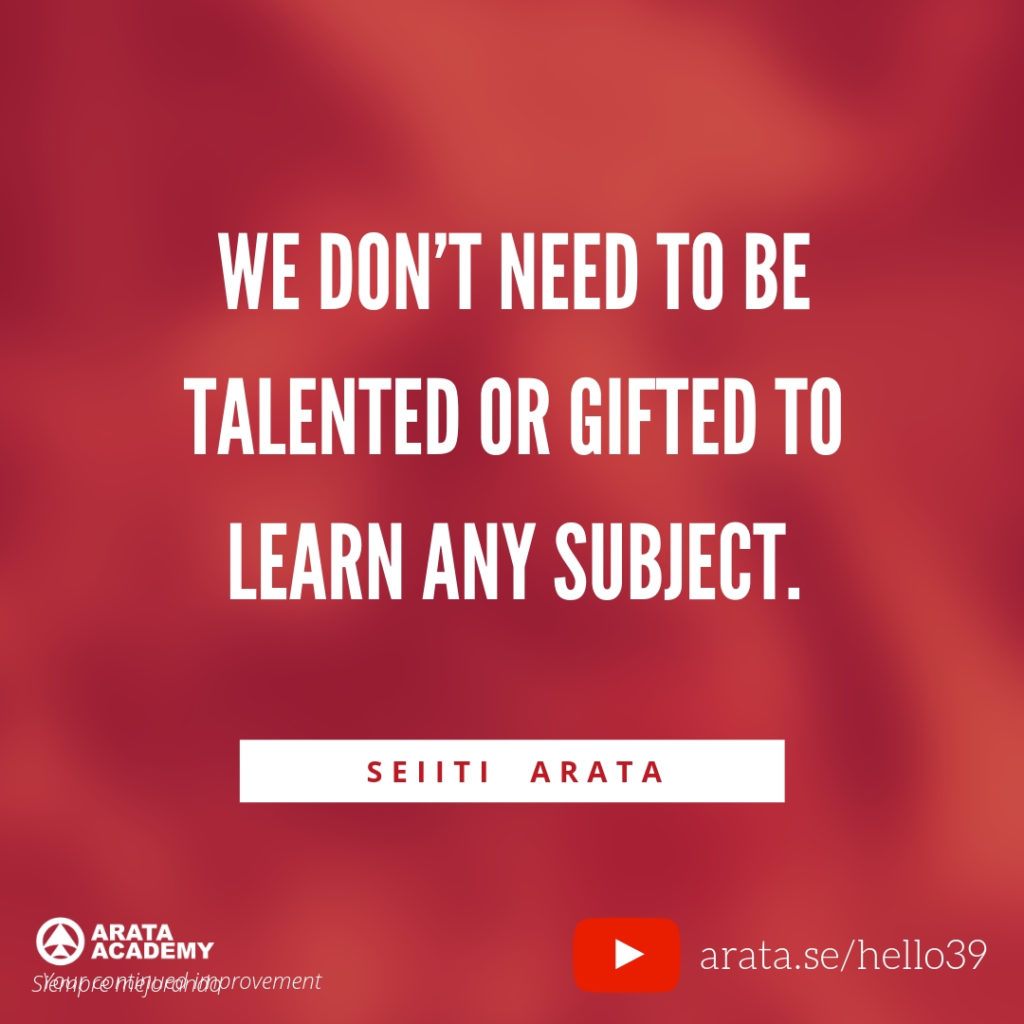
Students who do not have the persistence even to complete something as basic as the socioeconomic profile questionnaire often lack the persistence to solve the test.
Imagine if tomorrow you call out a Math Olympiad, with a thousand students representing each country on the planet. The country who wins first place is not a nation of geniuses. It’s just the country where more students have the discipline and persistence to face the challenges with dignity.
Incidentally, in this Math Olympiad it would be possible to predict which countries will be on top and which will be on the bottom without needing to ask a single math question. Just give them any task that measures persistence.
3. Academic success is a matter of attitude.
Unfortunately there are people out there who think that to understand any subject one must have a gift, a vocation, a talent, a special ability—you need to be a genius.
This is wrong. What makes all the difference in learning isn’t the skill. It’s the attitude. It is posture. So I’m recording this video here; it’s about the mentality towards study.
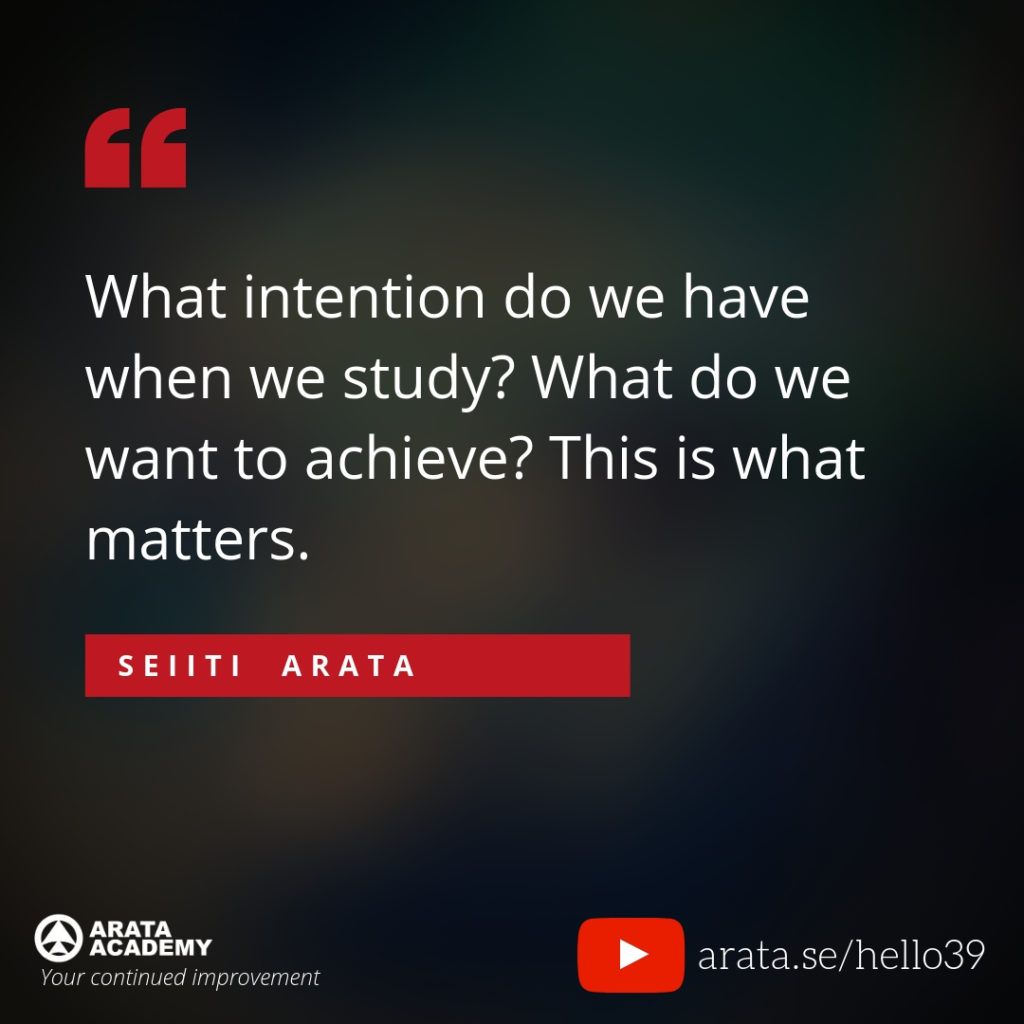
When I’m studying any subject, whether it’s in psychology, entrepreneurship, health, finance, relationships or subjects from the Arata Academy and natugood courses, I always remember the mentality as the first step. What is the intention behind it? What is the mental state, the attitude that I will adopt?
Where there is a will, there is a way.Where there is dedication and persistence, there will be result, in order to overcome the difficulties ahead.
The behaviour we want to model from the example of today’s story is NEVER GIVE UP. It is to know that deep down we have the ability to solve the problem. This helps us not to abandon the exercise in the middle.
Note that the young nurse in the story is not a math expert, but she has something that sets her apart from most students: persistence. The average student is one who after two or three attempts shows a “poor little guy” face and says, “Professor, I couldn’t solve this. What’s the answer?”
If you want to learn any subject, no matter whether it is mathematics, cardiology, foreign languages, meditation or organic chemistry, you need to develop your persistence and willingness to do the hard work.In our course How to Learn Faster we teach you reading, recording and revision techniques and study skills. Above all, we prepare you to have the proper posture in your studies. Visit https://arata.se/howtolearn
